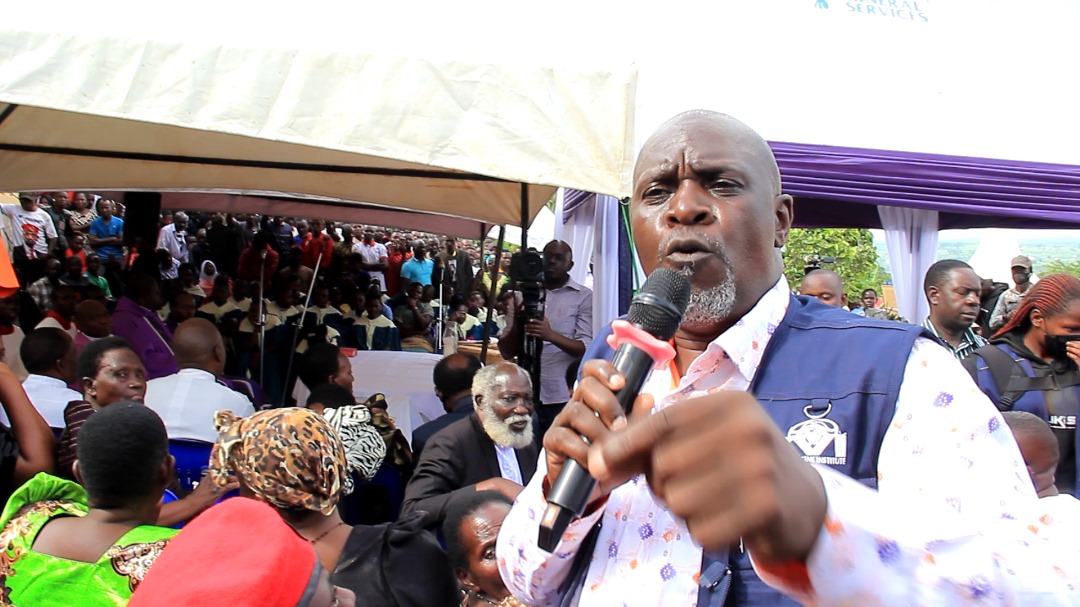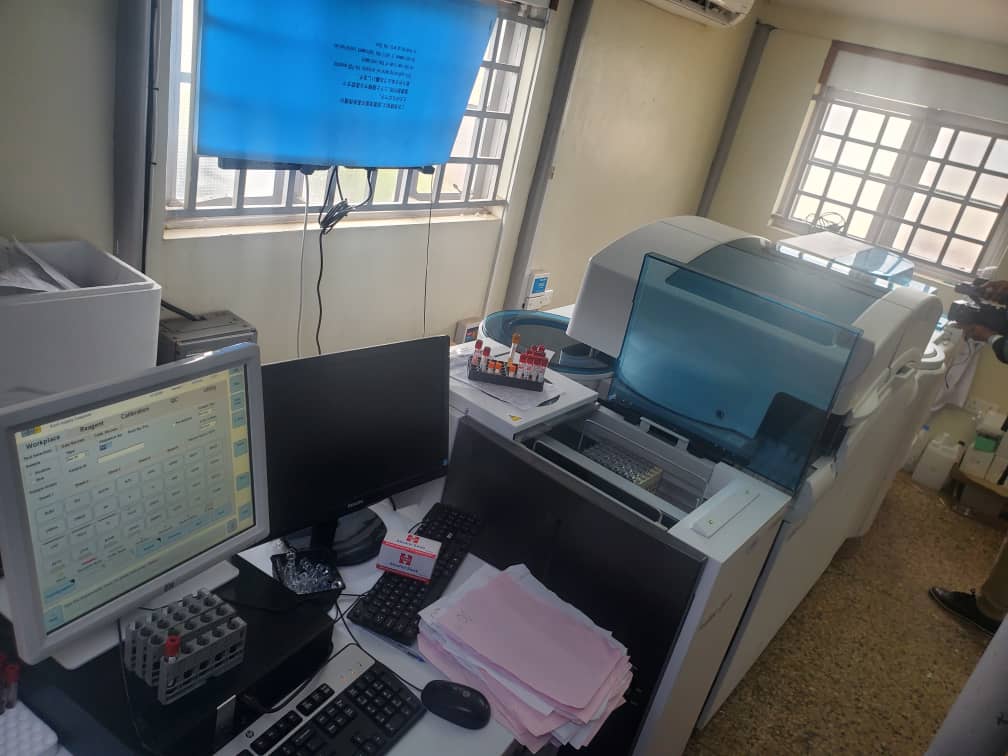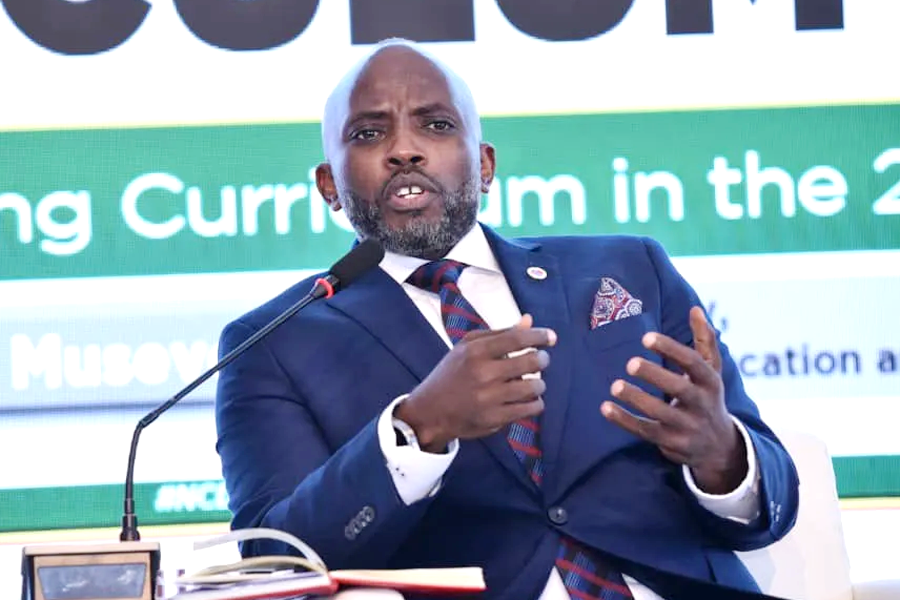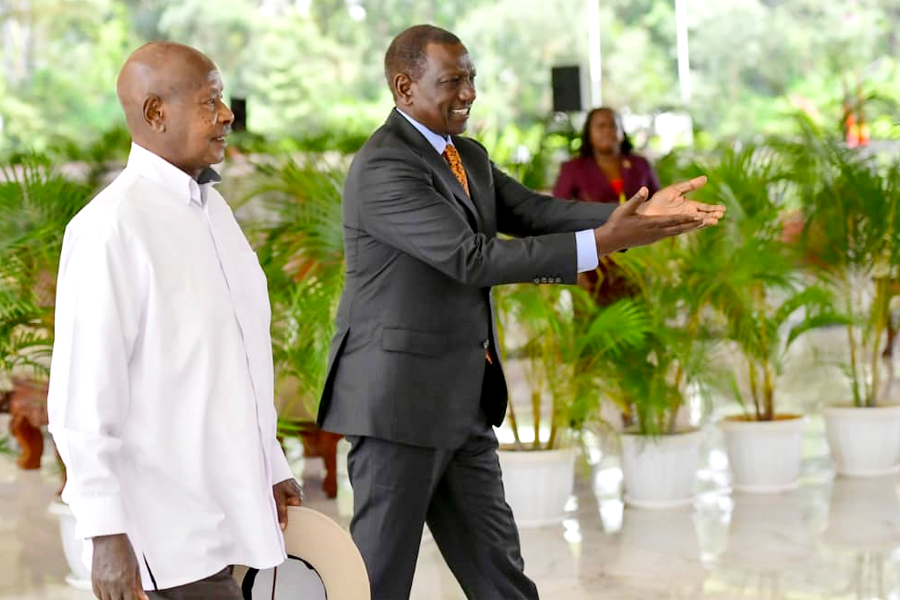Museveni's investment deals raises concerns for PPDA law
President Museveni's practice of awarding investment deals directly from State House has sparked concerns among local investors in Uganda.
While the government touts these deals as initiatives to attract foreign investment and stimulate economic growth, critics argue that this approach undermines transparency and fair competition, ultimately hindering the development of local businesses.
President Museveni's administration has long been criticized for its centralised decision-making process, with many key decisions, including investment deals, being made behind closed doors at State House.
This practice has raised eyebrows among both local and international investors, who fear favoritism and lack of accountability in the allocation of lucrative contracts and incentives.
The impact of this approach on local investment cannot be overstated. By bypassing established channels and awarding deals directly from State House, the government creates an uneven playing field for local businesses, who may struggle to compete with foreign companies backed by political connections.
This not only stifles competition but also discourages local entrepreneurship and innovation, as aspiring business owners perceive the system to be rigged against them.
Furthermore, the lack of transparency surrounding these deals fuels mistrust and skepticism among the public.
Without clear guidelines or oversight mechanisms in place, there is ample room for corruption and cronyism to thrive, further eroding confidence in the government's ability to promote a fair and inclusive business environment.
Critics argue that President Museveni's continued reliance on State House to broker investment deals undermines the principles of good governance and democratic accountability.
In a country striving to attract foreign investment and spur economic development, transparency and fairness are essential prerequisites for sustainable growth.
To address these concerns and restore confidence in the investment landscape, stakeholders are calling for greater transparency and accountability in the decision-making process.
This includes establishing independent oversight bodies to review investment deals, ensuring equal access to opportunities for local businesses, and implementing clear guidelines for the selection of investment partners.
President Museveni's practice of awarding investment deals from State House has raised serious concerns about the integrity and inclusivity of Uganda's investment environment.
To foster sustainable economic growth and empower local businesses, it is imperative that the government prioritize transparency, fairness, and accountability in its dealings with investors, both foreign and domestic.
Failure to do so risks perpetuating a system of patronage and favoritism that undermines the aspirations of Uganda's entrepreneurial community.













